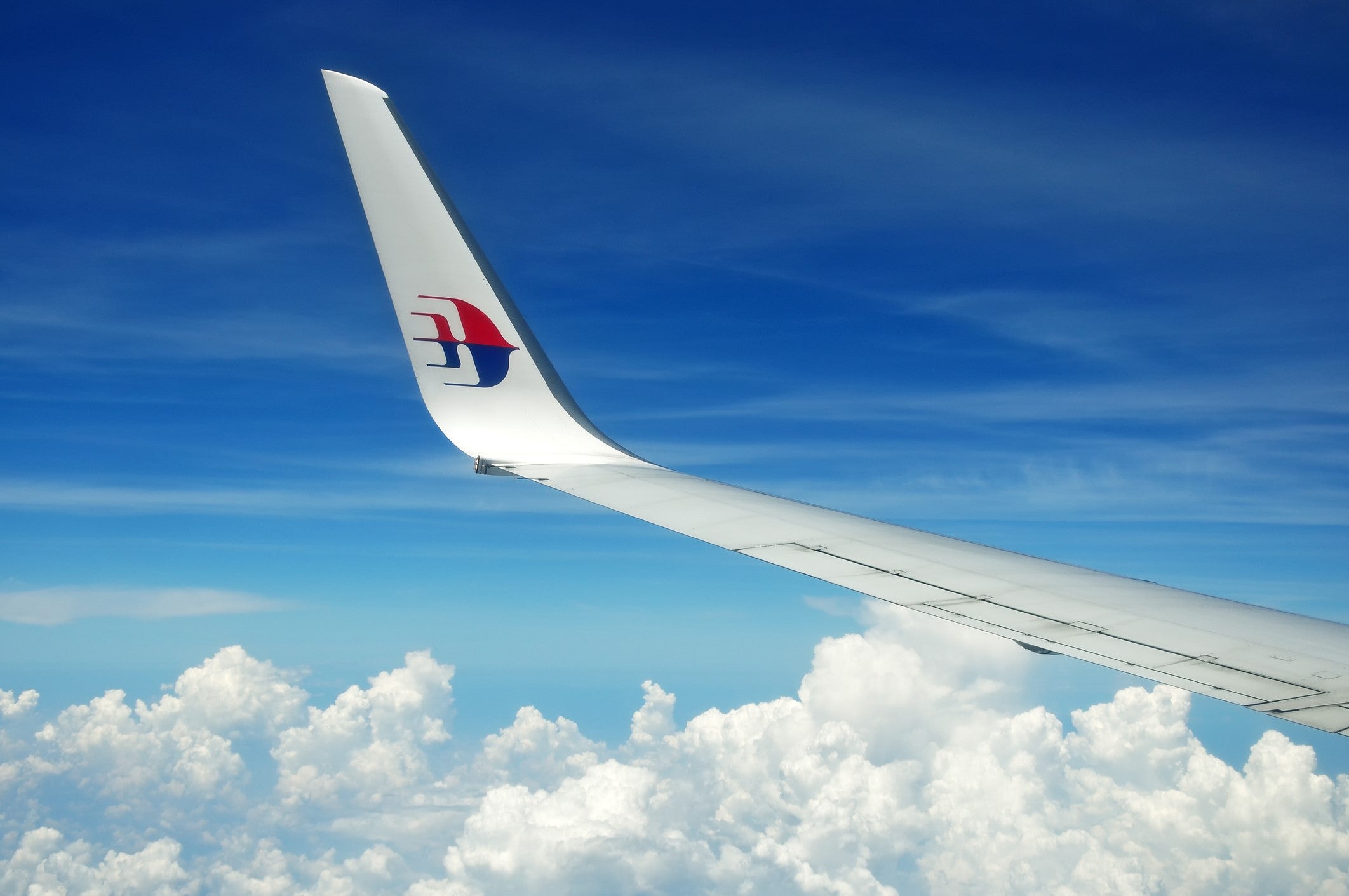Flight attendant fired for being one pound ‘overweight’
Woman weighed just 9st 7lbs

Your support helps us to tell the story
From reproductive rights to climate change to Big Tech, The Independent is on the ground when the story is developing. Whether it's investigating the financials of Elon Musk's pro-Trump PAC or producing our latest documentary, 'The A Word', which shines a light on the American women fighting for reproductive rights, we know how important it is to parse out the facts from the messaging.
At such a critical moment in US history, we need reporters on the ground. Your donation allows us to keep sending journalists to speak to both sides of the story.
The Independent is trusted by Americans across the entire political spectrum. And unlike many other quality news outlets, we choose not to lock Americans out of our reporting and analysis with paywalls. We believe quality journalism should be available to everyone, paid for by those who can afford it.
Your support makes all the difference.A flight attendant who was fired by Malaysia Airlines for being overweight has lost an unfair dismissal case.
Ina Meliesa Hassim, who had worked for the airline for 25 years, weighed 9st 7lbs when her contract was terminated in 2017.
The company stipulates that cabin crew’s Body Mass Index (BMI) must fall within the “healthy” range to continue working for the company.
At 5ft 2in, Ms Hassim needed to weigh a maximum of 9st 6lbs to stay in the “healthy” bracket.
After her dismissal, Ms Hassim filed a complaint against the company under Section 20(3) of the Industrial Relations Act 1967.
However, an Industrial Court ruled in favour of the airline at a hearing on 14 February, reports The Edge Markets.
“The court is convinced that the company had provided the claimant with ample opportunities and chances to comply with the company’s policy and that despite the many opportunities however, the claimant had consistently failed to achieve her optimal weight,” Court chairman Syed Noh Said Nazir said in the ruling.
Malaysia Airlines first changed its grooming and uniform guidelines in 2015, when it stipulated in a circular to employees that cabin crew who did not have a healthy BMI would be enrolled in a weight management programme.
It read: “As cabin crew, apart from maintaining the appearance as set by the company, you are also responsible to ensure the safety of our passengers while in flights.
“Being front liners in uniform, cabin crew cast an unforgettable image in the minds of our valued guests.
“It is for this reason that the company considers the feedback received from our customers on the image of crew and inevitably even the appearance of cabin crew has been included as one of the attributes in the passenger flight experience survey and which is being tracked monthly.
“With this policy in place, the airline will see healthier cabin crew who will project an image befitting that of the world’s best cabin staff as well as for ensuring the passengers’ safety when the necessity arises.”
The carrier argued that Ms Hassim had been given 18 months to conform to the new rules and was provided with help from an in-house doctor.
The company said she had failed to attend several of her scheduled weigh-ins.
However, her lawyers said that other international airlines such as British Airways, Lufthansa, KLM and Qantas do not have a BMI or weight requirement for cabin crew and no safety issues have arisen as a result.
They also pointed out that being 1kg overweight would hardly prevent Ms Hassim from performing her duties effectively.
But the court ruled that it was the company’s right to determine its own policy with regards to employees’ weight.
“The weight management programme was in no way discriminatory as it applies among all crew and the company had at all times ensured that the claimant and all its crew were accorded every opportunity possible to achieve their optimum weight,“ read the judgement.
BMI is a way of calculating people’s “optimum” weight as determined by their height. There are four categories: underweight, healthy, overweight and obese.
The measurement was first created in the 1800s by a Belgian mathematician called Adolphe Quetelet and, by the late 1900s, it had been adopted by governments across the world.
However, in recent years researchers and health experts have increasingly argued that BMI can be an inaccurate measure of health.
A 2016 study by UCLA concluded that tens of millions of people who had overweight and obese BMI scores were in fact perfectly healthy.
It also found that 30 per cent of people with “healthy” BMIs were not particularly healthy based on their other data.
One drawback is that the measurement does not distinguish between muscle and fat – as muscle weighs more, this can lead to an “overweight” reading even if someone is fit and healthy.
The Independent has contacted Malaysia Airlines for further comment.
Join our commenting forum
Join thought-provoking conversations, follow other Independent readers and see their replies
0Comments